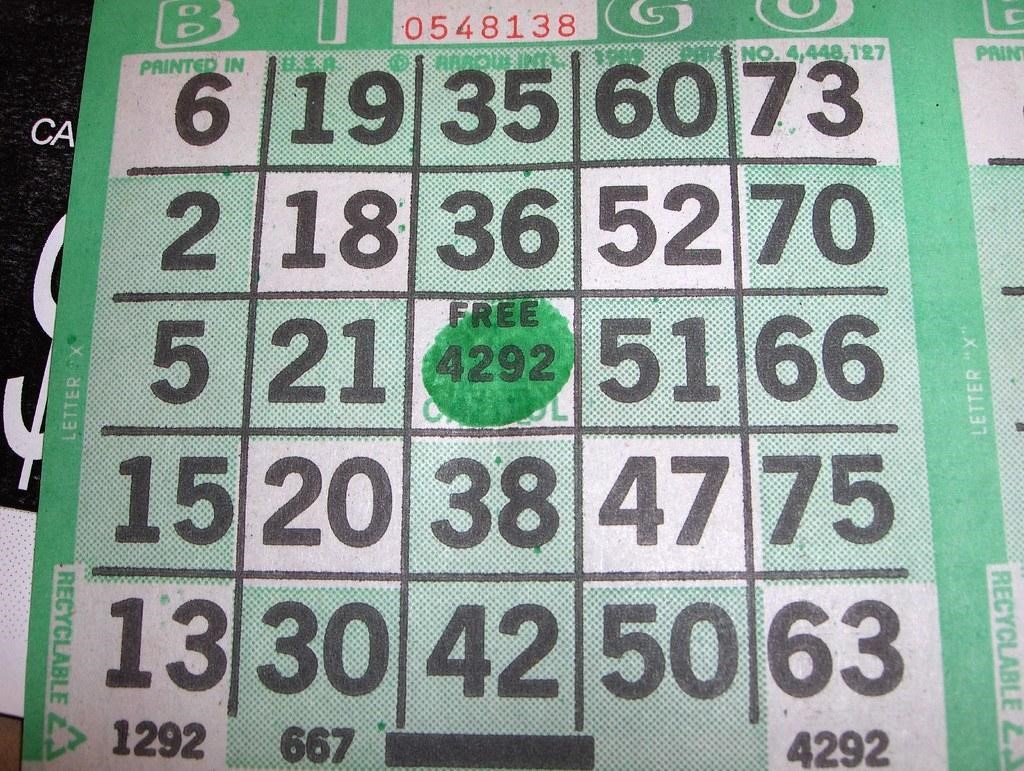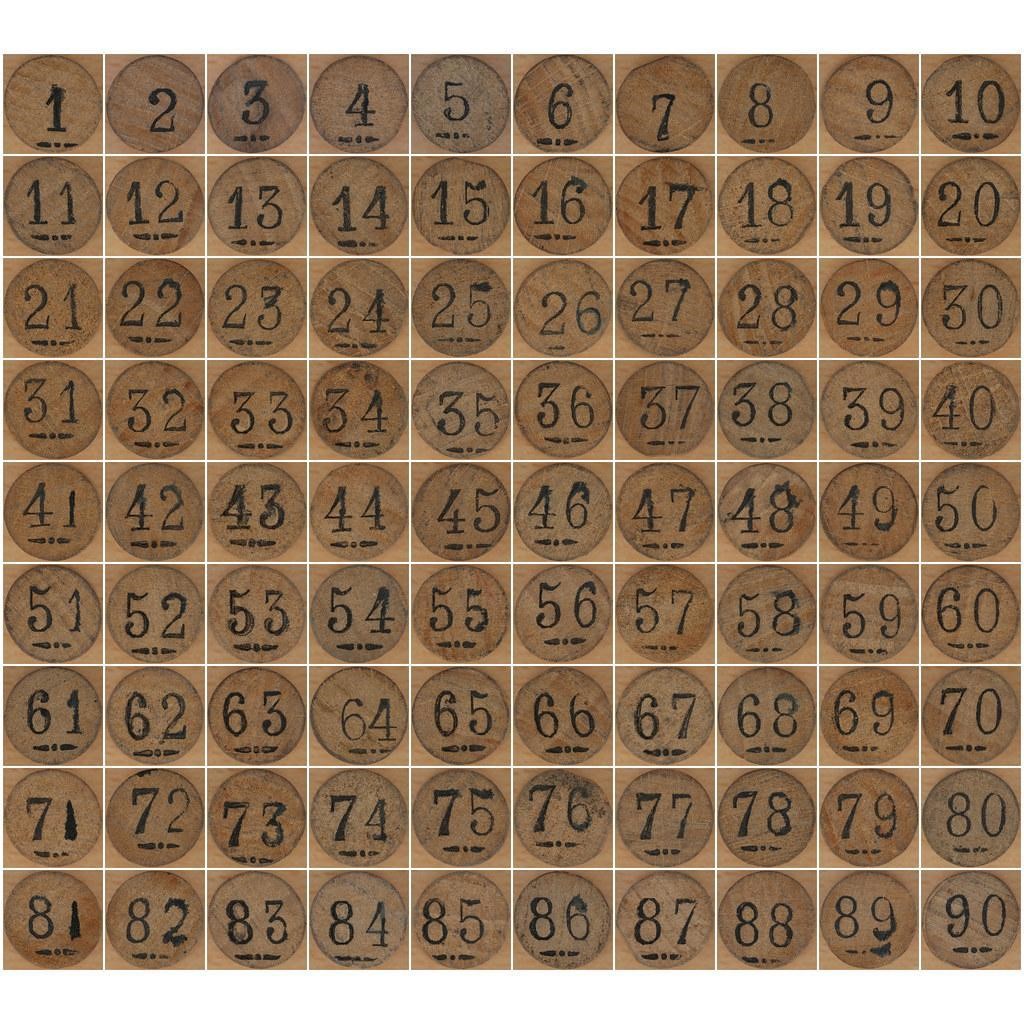Online Bingo Games
Table of Contents
Introduction
Bingo is a game of luck, skill, and most of all, planning. Maybe you’ve seen your parents play bingo, or maybe you’ve seen it on the television. Hell, maybe you’ve played it yourself. Either way, there’s a very good chance you, and everyone you know around you have heard of or played bingo. Bingo is one of the most popular games in the world, and for good reason!
The Bingo ruleset is incredibly simple to understand. A letter, either B, I, N, G or O, and a number from one to ninety. Then, you simply match the letter and the number and mark it off. Have five marked off tiles in any direction? Bingo, you’ve got your match.
There’s a very good reason the game of bingo has done so well over the years, especially in the online space. Easy games have always proven to be the most effective at translating to the internet, and bingo is no different. With bigger payouts, better sign-up rewards and more exciting games than ever, online bingo is doing very well, and this article is here to give you three simple tips to help you elevate your play and win! After you’re done with this article, you can also register here for bonuses to maximise your bingo winnings!
1. Be ready
With bingo, it’s important to be on the ball. Pun intended. The thing is that bingo’s core gameplay focuses on testing whether its players are attentive, so getting to the bingo room early, looking through your cards thoroughly, making sure your internet connection is stable and making sure nothing will disturb you in the middle of a game.
Take it just as a general step of being prepared. When you show up to a game ready to play your best and bring your full attention, you automatically increase your chances of winning. A good thing, as I said, is making sure you know generally what numbers are on your cards.
I know this might sound trivial since well, the cards are right in front of you, but you’ll never know. You’re on your computer. This device is practically a distraction machine. The last thing you would want is someone distracting you. In that situation, if you’ve given the time to look through, at least when you hear your number you might be pulled back into the game just from short-term memory alone.

2. Tippett’s Theory
L.H.C Tippett, a British statistician, came up with a revolutionary theory that has forever changed the way we see and play the game of bingo. The theory states that in a “wheel-of-balls” game, basically any game where there is a finite bag of numbers that don’t replenish back after being drawn, given a range of one to 90 on a bingo scale, the numbers will slowly gravitate towards the median number over time.
This is a good strategy to follow since this tells us that if we expect the bingo game to be short, then we should pick numbers that are closer to the edges of the number range. For example, the theory, when applied to a 75-ball game, would nudge us to pick numbers closer to one or 75 given a shorter game. When it comes to a longer game, we would be incentivised to pick numbers closer to the median numbers 37 and 38.
The important way that some of the most experienced bingo players use this theory is in predicting how long a game will go. For these players, this intuition is built over a process of playing many games over many different modes of bingo. These experienced bingo players often know at a glance depending on how many people are playing, how many cards everyone is buying in with and how many numbers there are, whether a match will go long or short.
Obviously, this is easier said than done, but if you can, try to play games of very different variants and prize pools and time how many numbers the games last and what the last few numbers were. If you can run through all these numbers and mechanically build up your own intuition, you’ll find yourself ahead of the competition!
3. Know your Game Size
Knowing your game sizes means knowing your rooms. This is why we advise people to spend their time, choose an online bingo website that’s reliable and stick with it. Just like with a bingo club where you get to know the people there, the games they run and their style of games, knowing the website in and out is very important to your personal journey to mastery.
Let me run a few examples by you. Say you’re on a website where most of the bingo prize payouts are fixed and split between winning parties. In this case, most people say to target low cash, low-player rooms at odd hours to win more. However, the inverse might be true. With some websites, in order to drive traffic to their higher profile rooms, they might balance the prize to player ratio making the limited time rooms actually more profitable.
Say in another example, you have a game that scales its prize pool with however many people are joining, so in terms of winnings you might not see any difference between playing on-peak and off-peak hours. Well, then, ask yourself what kind of audience these games attract. Maybe at off-peak hours, these games attract bored casual players who just want something to pass the time. This could mean some winning edges. Conversely, with these games, it might be good just to go for the peak period. After all, the time taken to play through a round remains the same, so it’s best to get your money’s worth and try to win it big.

Conclusion
That’s it to start you off. Of course, there are many more things to understand like card odds, picking a good website and things that are outside the game like bankroll management and taking advantage of promotional bonuses. Those, we will not cover today.
We believe that everything starts from the game: How you choose when to play, how you prepare yourself for play and how you use Tippett’s theory to change the way you view and learn from games in the past. Play diligently and never give up, and you will do well. That’s all, see you in the bingo queues!
